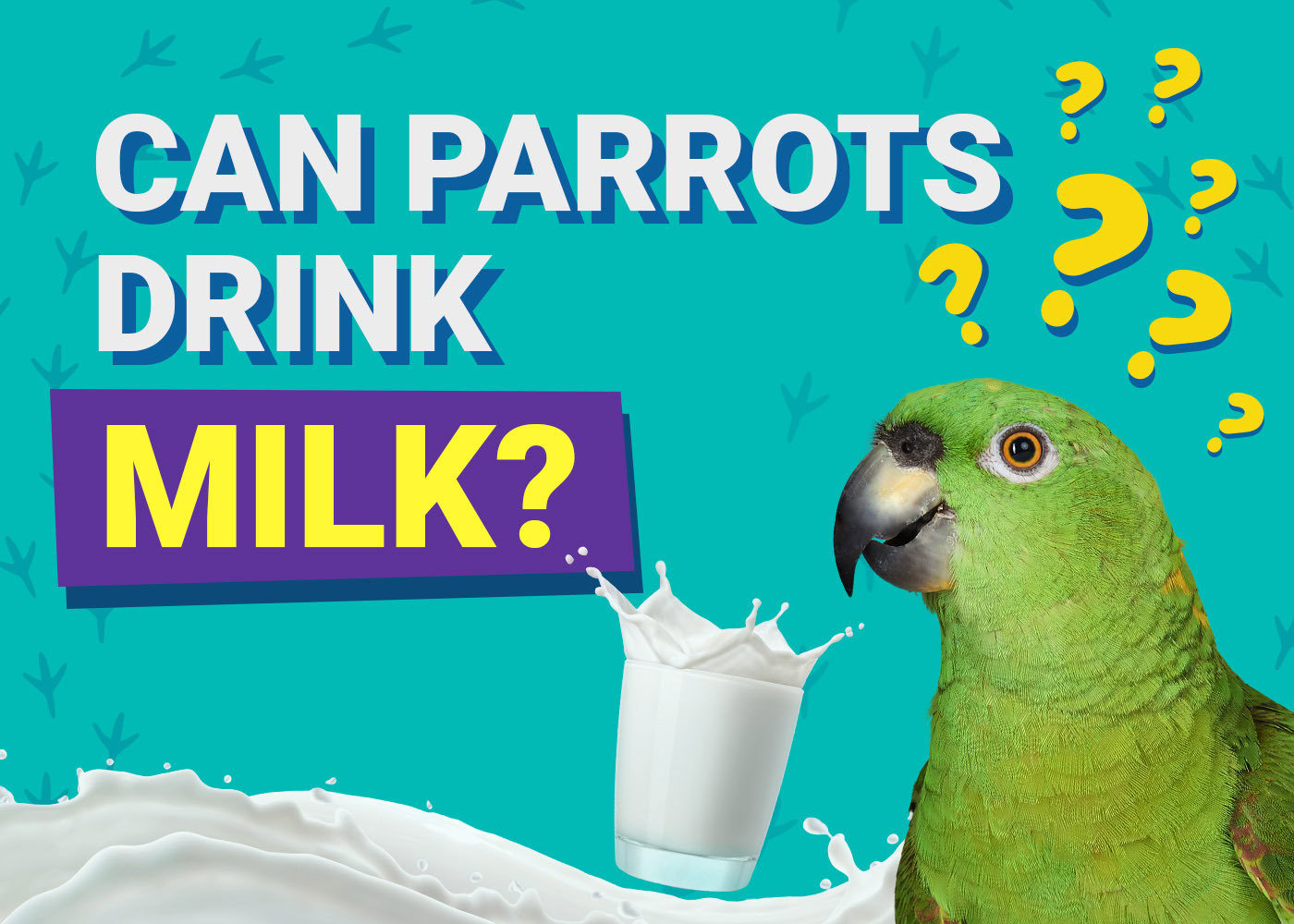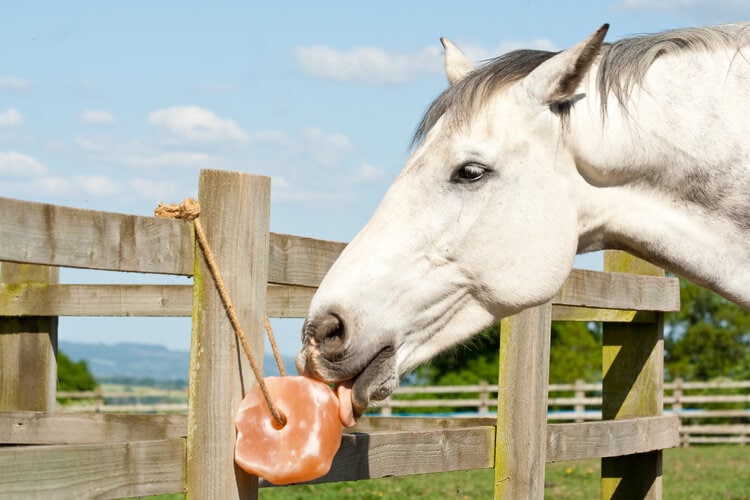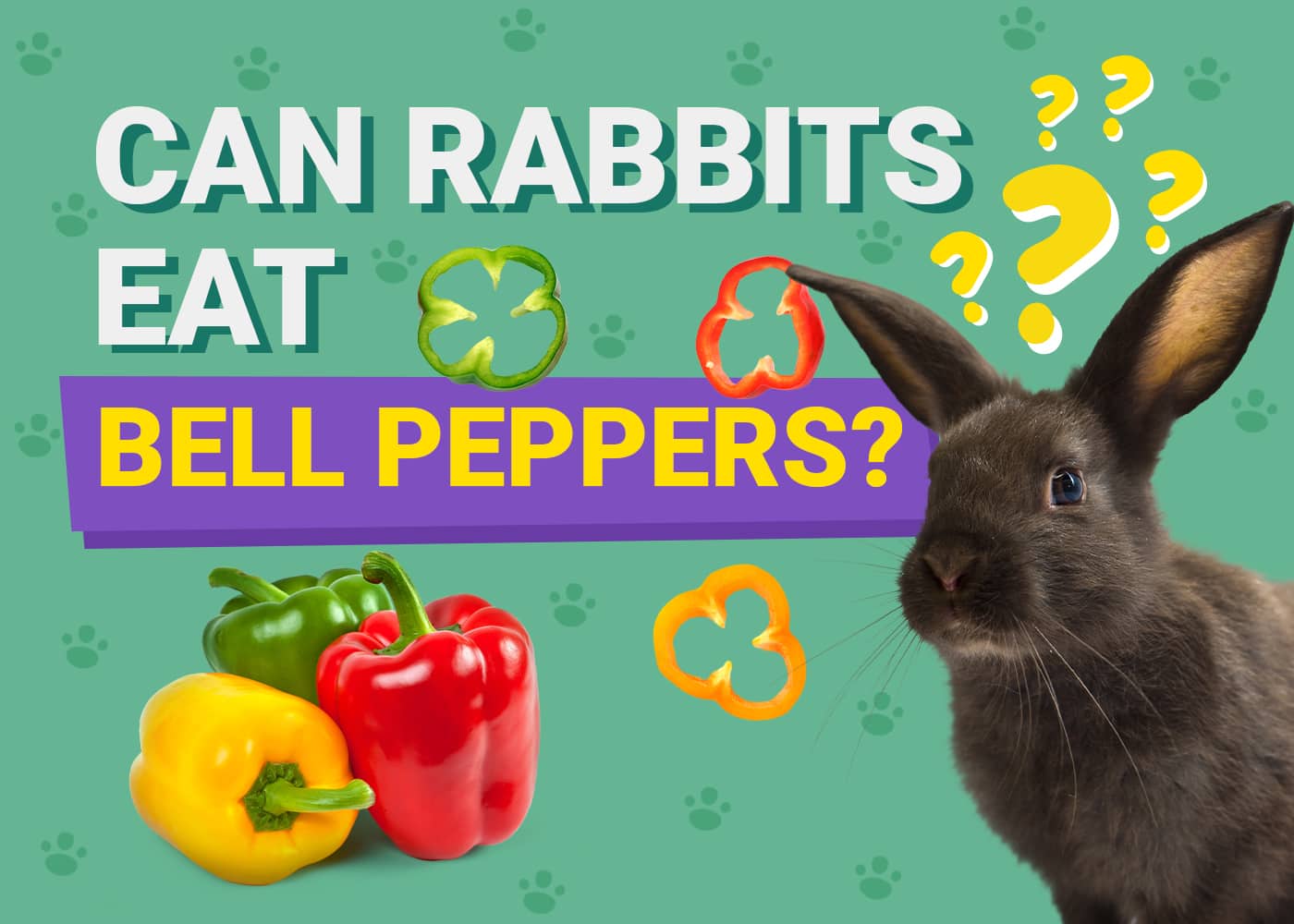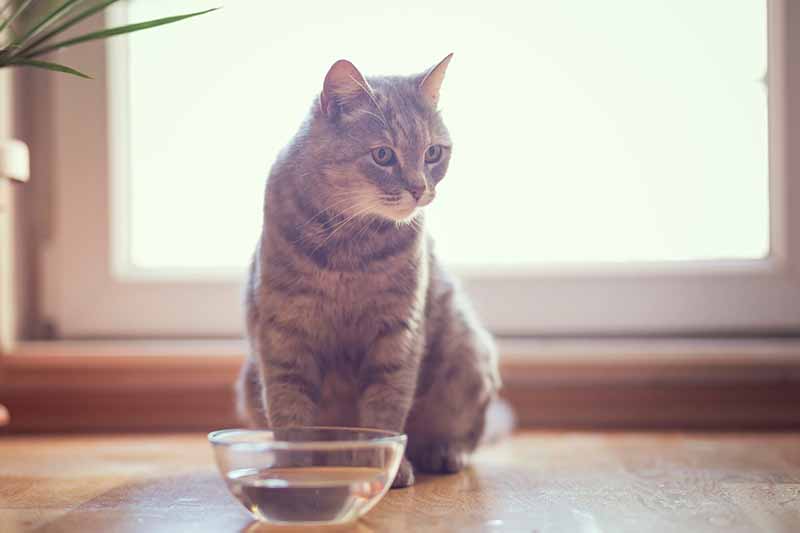VET APPROVED

The information is current and up-to-date in accordance with the latest veterinarian research.
Learn more »Click to Skip Ahead
Many pets can enjoy milk in moderation as part of a balanced diet, but what about parrots? Can parrots drink milk? Milk is not technically toxic to parrots. However, many parrots are lactose intolerant. If they eat milk or other dairy products, they may develop stomach upset and diarrhea. As such, it’s best to not offer your parrot a drink in the form of milk.
While diarrhea isn’t usually deadly, it absolutely can be. Birds are also very bad about cleaning themselves off, which can pose difficulties for bird owners. In some cases, diarrhea can lead to other side effects as well.
The amount of dairy your bird eats matters. A small amount of milk may not hurt a larger parrot. However, even a taste may hurt smaller birds. We’ll dive into the ins and outs of serving milk to your parrot friend.

Is Milk Good for Parrots?
Milk is not typically good for parrots, as it contains lactose, and most parrots are lactose-intolerant. Therefore, they will respond poorly to dairy milk. Milk isn’t something that parrots are exposed to. Parrots do not produce milk for their young. They also don’t find milk in their natural environment in the wild. As such, they’re incapable of effectively digesting it. This also means that they’re incapable of deriving meaningful nutrition from milk.
Though some bird species (such as pigeons and doves) do produce a “crop milk” for their young, this milk is vastly different from the milk products by mammals. Chiefly, it lacks any carbohydrate (and therefore doesn’t have any lactose in it).
Milk isn’t traditionally considered “toxic” like some other foods. It doesn’t contain anything that will directly harm your bird. While lactose may upset your bird’s stomach, it usually isn’t deadly on its own. However, some birds can develop complications if they have too much diarrhea, which may occur with a high amount of lactose consumption (especially if it happens in a very short time frame).
Interestingly, most pet parrots do show a fondness for dairy products, and when offered small amounts of dairy products, which are low in lactose (such as yogurt or some cheeses), they don’t seem to show any adverse effects. However, these products – though safer than those high in lactose – are still very high in fats and calories, and are therefore likely not beneficial for your pet.
There are many snacks and treats out there that are better for your bird. We recommend choosing one of these instead, but when it comes to beverages, we recommend fresh water above all else.
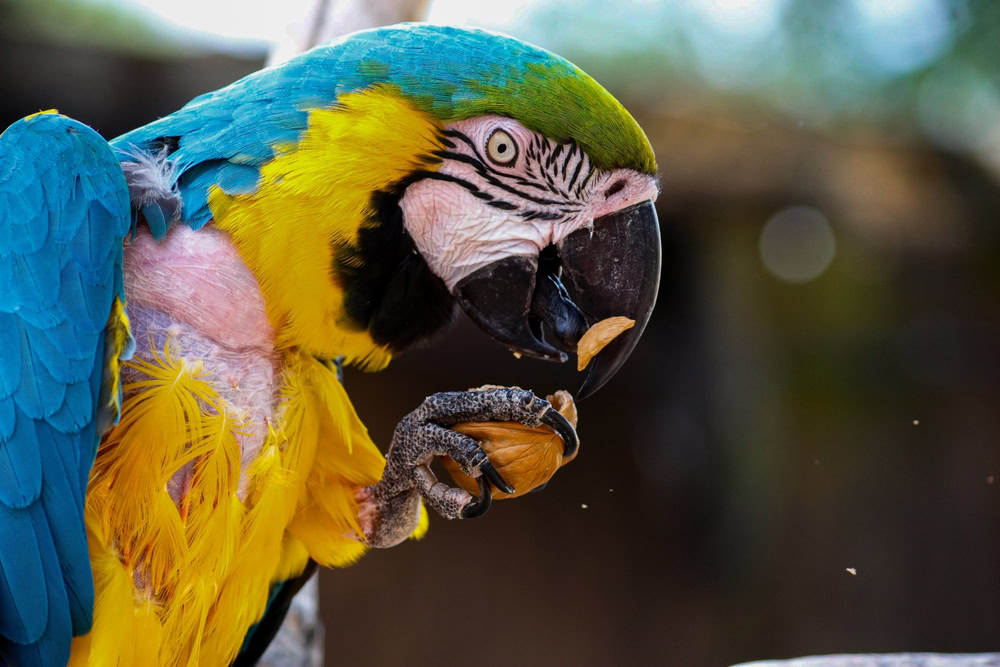
The 5 Different Types of Milk & Their Safety for Parrots
Once upon a time, the only milk available came from animals. Today, this primarily includes cow milk, though some localities still drink sheep milk to some extent.
Today, we also have milk from a variety of different plants. Soy milk is one of the most common options that fall in this category. However, there are also other options out there, like almond milk.
Many of these do not contain lactose, so they don’t lead to the common problems that cow’s milk does. We’ll discuss some of these types of milk below, as well as whether or not they are a good option for your parrot.
1. Chocolate Milk
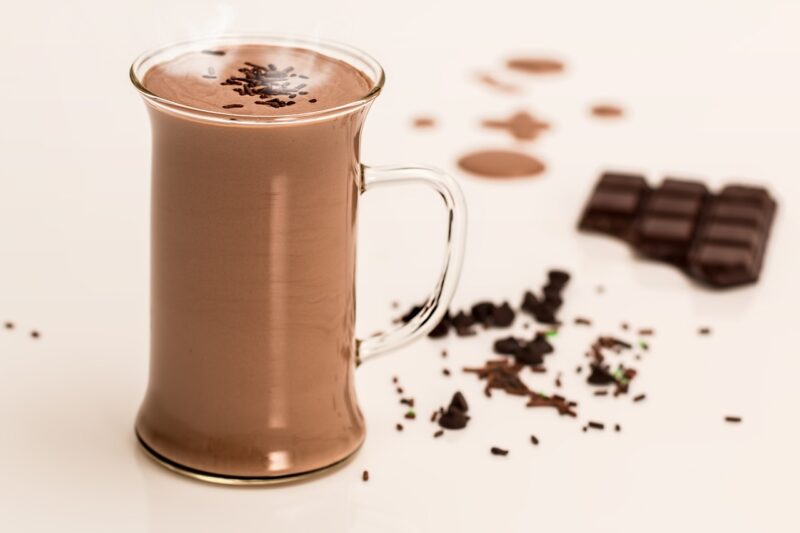
Chocolate milk is cow’s milk that has various sugars and other things added. Parrots do not need a diet high in sugar, and this type of milk still contains lactose.
Chocolate is also toxic to many birds, though the amount in chocolate milk probably isn’t going to do much. Still, there is no reason to take that chance. Chocolate milk is arguably worse for your parrot than regular milk.
Chocolate milk should be avoided as much as possible. It should be kept out of reach. If your bird accidentally consumes chocolate milk, you should call your vet right away. The additives of chocolate combined with lactose can cause severe issues for parrots.
2. Soy Milk
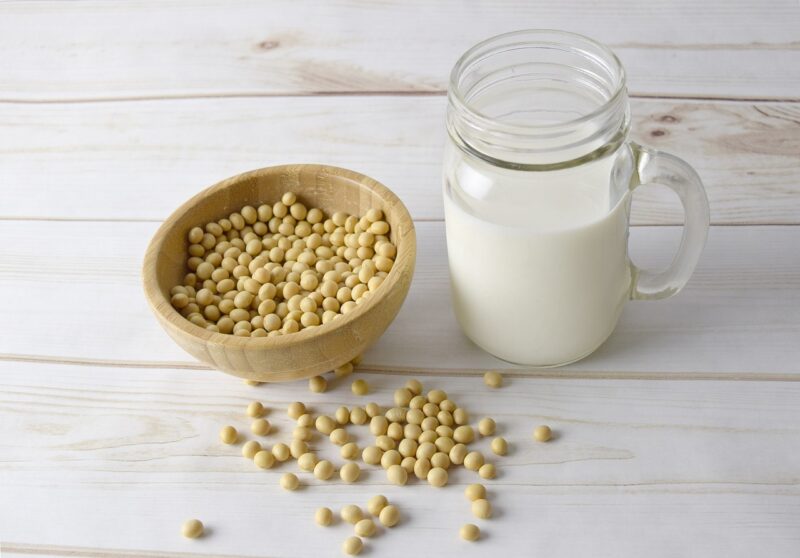
Soy milk does not contain any lactose, so it may be a good option for some parrots. However, there aren’t many benefits to feeding your parrot soy milk. Therefore, we don’t recommend it for most parrots.
Parrots are smaller than people and need every bite to count if they’re going to be healthy. Soy milk doesn’t include many nutrients they need. It may be a bit high in fat and protein as well. For the most part, parrots should be eating veggies and fruits, not soy milk.
Non-organic soy milk may also contain high levels of pesticides. Soy contains some of the highest concentrations of pesticides out of any other plant.
Pesticides often don’t have huge effects on people because we are so big. However, they can harm our parrots. After all, they’re much smaller than us!
3. Coconut Milk
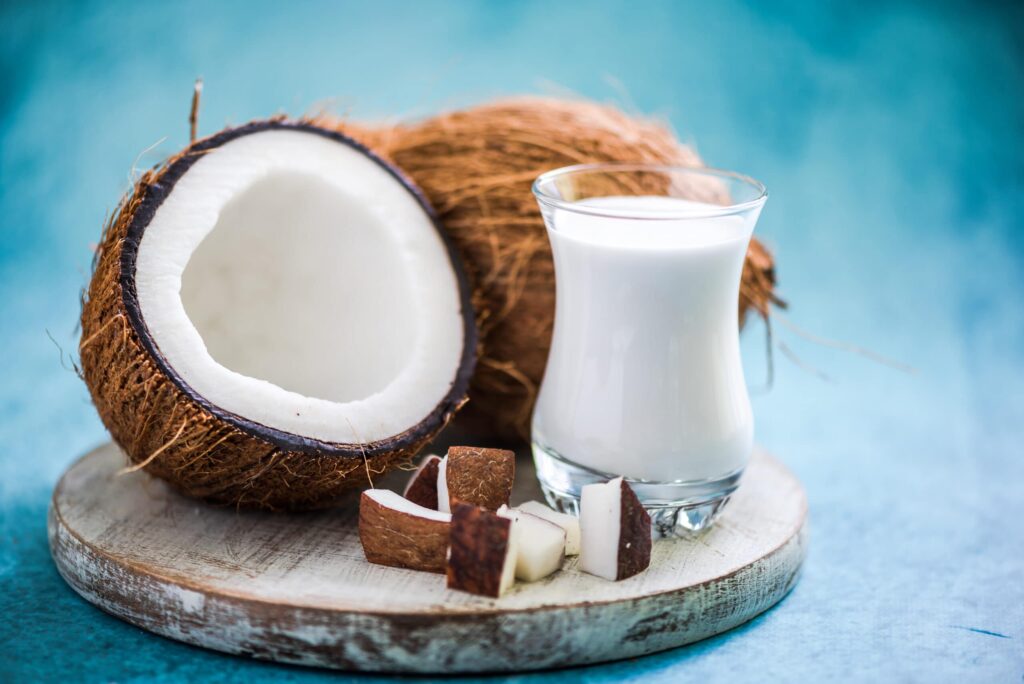
Coconut milk is better for parrots than other types of milk, but that doesn’t mean that it’s healthy. It is often remarkably high in calories, most of which are from fats.
Parrots do not need a high-fat diet. Too much fat can lead to obesity and other issues. In the wild, these birds would eat very little fat. While seeds are a part of the regular diet of some wild parrots, those parrots also spend many hours flying hundreds of miles on a daily basis. In other words, a high-calorie diet is justified for them.
Given its high caloric content, we don’t recommend seeking out coconut milk to give to your parrot.
We also recommend avoiding coconut milk in cans, especially if you plan on feeding it to your bird. BPAs and other chemicals from the can could potentially leak into the milk, potentially harming our birds.
A small amount of BPA may not hurt people, but our birds are much smaller. It doesn’t take quite as much for them to start developing side effects.
4. Flavored Milk
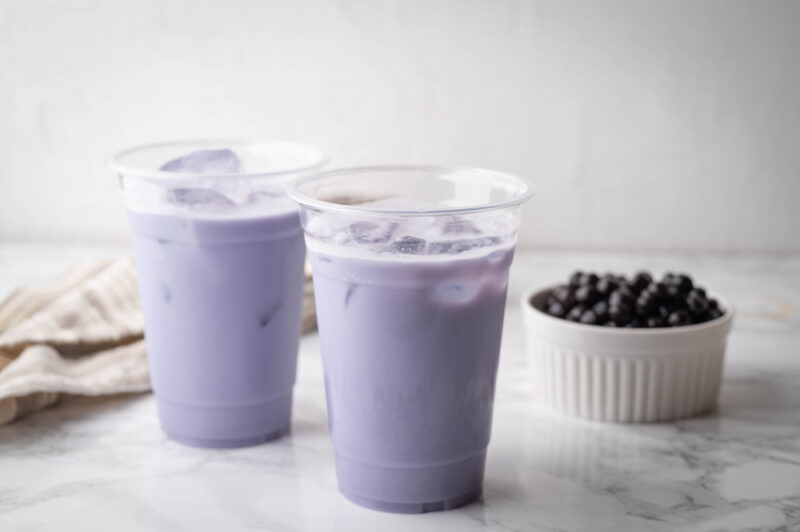
Beyond your typical chocolate milk, you can also find an array of flavored milks on the store shelf today. However, all of these flavored milks usually have a very high sugar content. Therefore, they are not recommended for parrots.
Sugar won’t kill your parrot outright. It isn’t toxic, after all.
However, large amounts over time can lead to health problems. Sugar doesn’t contain many nutrients, but it is calorie-dense. Therefore, it fills your bird up without providing them with any vitamins or minerals.
Over time, this can cause malnutrition.
Sugar can also raise the overall calorie content of milk. It can quickly shove out other, more nutritious foods from your pet’s diet.
Obesity is also a possibility, which can then lead to an array of different side effects.
5. Almond Milk
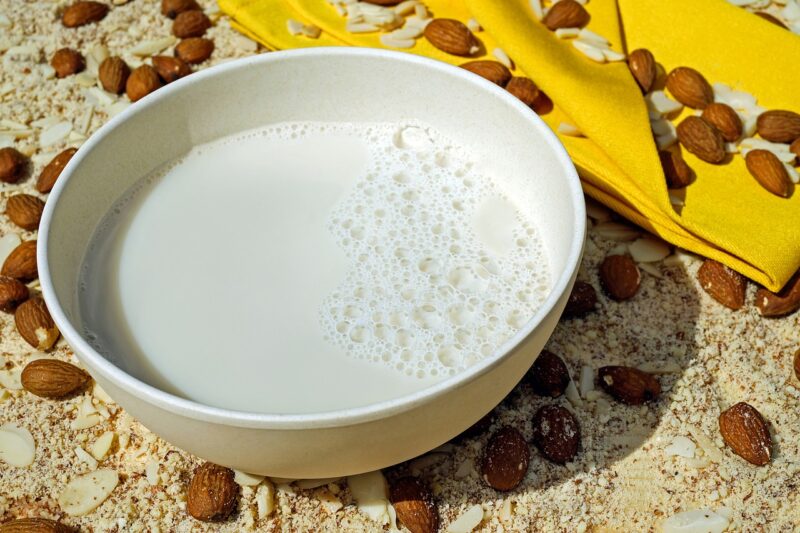
Almond milk does not contain any lactose. Therefore, it is a bit better for your parrot than other options out there. It won’t make them nearly as sick as cow’s milk.
However, it also isn’t very healthy for birds. It is high in fats and calories, without providing any of the nutrients parrots need. Therefore, we recommend choosing a more nutrient-dense option for your parrot.
Therefore, we don’t recommend offering your parrot any almond milk. However, given how the majority of most almond milk containers are, in fact, water, you probably don’t have to worry if your parrot sneaks a sip when you’re not paying attention.

What Drinks Can a Parrot Drink?
Preferably, your parrot should be given chiefly water. That’s the healthiest drink for them. It doesn’t fill up their diet with useless calories, but it does keep them hydrated.
Most fruits and fresh vegetables are very high in their water content and are another option as far as “drinks” are concerned for your parrot. However, they aren’t a replacement for water. In fact, nothing is considered a replacement for water.
Fruit juices might seem appealing on the surface, and a pure fruit juice might be safe for your parrot (depending on the fruit itself). However, fruit juices would lack the other benefits that whole fruits offer your pet (such as fiber). As such, while circumstantially acceptable, fruit juices shouldn’t be on top of the drinks you offer your pet.
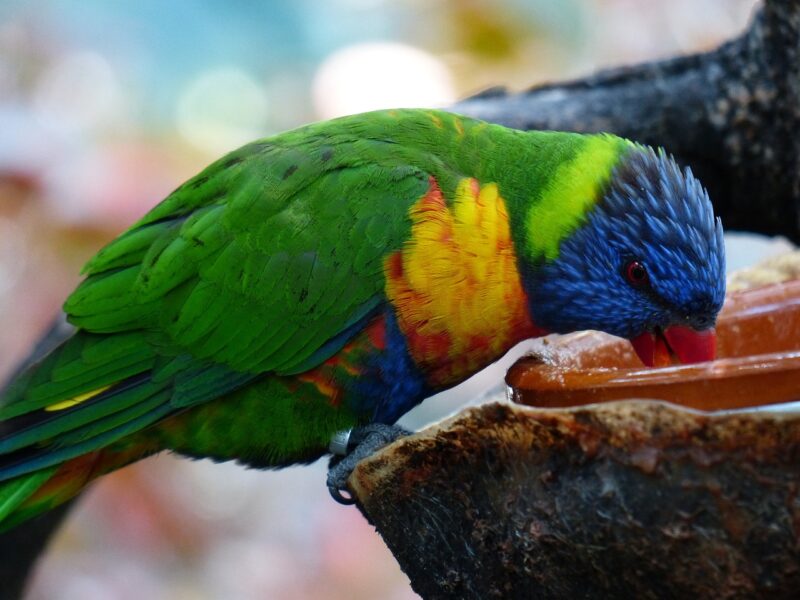

Conclusion
Parrots can have milk as it isn’t toxic for them, but that doesn’t make it a good option, either. Cow’s milk contains lactose, which our birds can’t digest properly. They did not evolve with the enzymes needed to digest this protein, thus making them sick.
Diarrhea and stomach upset are common after parrots drink milk. The exact signs of sickness will vary from bird to bird. Typically, the more milk a bird drinks, the worse their signs are.
Milk alternatives are sometimes safer than cow’s milk. Almond and soy milk are both lactose-free, for instance. However, these alternatives are still relatively high in fat and low in nutrition. We recommend choosing more nutritionally sensible snacks for your parrots. In addition, some milk types (such as chocolate milk) are toxic for parrots.
Might Also Interest You:
